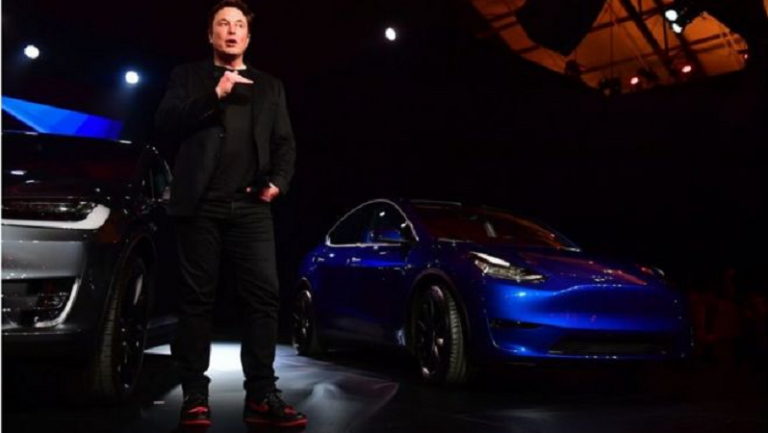
Universal basic income is becoming a more global topic in tandem with international tax. The discussion has been spurred recently by the significant growth in robotics, pitting humans against machines at work.
With the increase in artificial intelligence, spurred by the pandemic-induced work from home and social distancing rules, a lot of business heavyweights have begun to stand behind the idea of universal basic income.
Tesla CEO Elon Musk is the newest big name to openly endorse the movement, following the announcement that he is working on a robot.
Register for Tekedia Mini-MBA edition 19 (Feb 9 – May 2, 2026): big discounts for early bird.
Tekedia AI in Business Masterclass opens registrations.
Join Tekedia Capital Syndicate and co-invest in great global startups.
Register for Tekedia AI Lab: From Technical Design to Deployment (next edition begins Jan 24 2026).
During a Thursday presentation on artificial intelligence (AI) hosted by Tesla, Musk said he is working on creating a ” Tesla Bot ,” or a robot that would do “dangerous, repetitive, and boring tasks” so humans don’t have to.
“Essentially, in the future, physical work will be a choice,” Musk said during the presentation. “This is why I think long term there will need to be a universal basic income,” he added.
The bottom line of the conversation is the loss of job that emerging robots and artificial intelligence will cause. Musk, knowing this, said universal basic income should be in place to close the income gap that will be created by the jobs lost to robots in the future.
The capabilities and efficiency of artificial intelligence supersede those of human workers in almost every field, and it’s getting better with each new robotic design. Musk said that the Tesla Bot will be “friendly,” standing at a height of 5’8” and reaching speeds up to five miles per hour. But if its creation goes to plan, it will take many people’s jobs.
Already there has been uptick in the number of businesses around the world using automation and artificial intelligence in the place of humans for work. Insider reported on a number of them, including restaurants struggling to hire workers for months that have turned to QR codes where diners can view menus, rather than having a waiter bring them one.
There is also Cracker Barrel, which rolled out a mobile app that lets customers pay for meals; McDonald’s started testing automated drive-thru ordering at 10 Chicago locations; and Dave & Buster’s plans to expand its contactless ordering, effectively getting rid of many restaurant jobs humans once did.
It is also notable in the growing number of self-driving vehicle startups and delivery drones getting approvals from regulators. With each success scored, a human’s job is threatened – and it’s only a matter of time before it is taken.
The trend has also been supported by the upsurge in resignations by blue-collar workforce who are demanding higher wages.
A survey of human resources executives from large companies conducted in April by The Conference Board, a research group, found that 49% of organizations with a mostly blue-collar workforce found it hard to retain workers, up from 30% before the pandemic.
“With workers demanding higher wages, there could be an incentive for companies to invest in technologies that will economize on labor – like QR code ordering at restaurants,” economics writer Noah Smith wrote in a June 13 blog post.
As noted by Insider, the growing trend is making universal basic income a larger part of the conversation about the future of work. Some cities have already started testing out pilot universal basic income programs for targeted groups of residents, and California recently launched the nation’s largest statewide universal basic income program prioritized for pregnant people and those aging out of the foster system.
Insider reported that after the pandemic spurred Congress to approve three stimulus checks for Americans, some Democrats called to continue those checks well beyond the end of the pandemic, and in late March, amid infrastructure negotiations, 21 Democratic senators urged President Joe Biden in a letter to include recurring direct payments in his infrastructure plan, saying that when checks ran out after the CARES Act, poverty rose.
However, the evolution of artificial intelligence is posing a threat to workers globally, and it’s not a situation universal basic income alone will mitigate, even though there may be a positive side of it. Experts believe that the evolution will push people to learn needed skills that will keep them employed notwithstanding the increase in robots.
“Lots of people who stopped being waiters in restaurants will end up doing things that’s hard for us to predict … I believe we’re only at the beginning of our quest to unlock average people’s true economic potential,” Noah Smith wrote.



